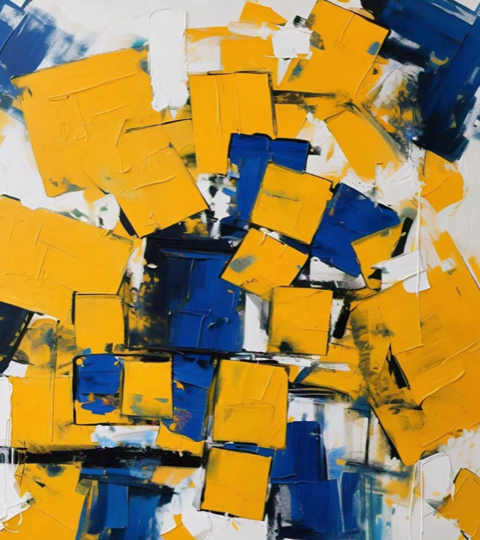Vous avez besoin d'un plan en vedette pour avoir un site Web
Le but de l'art est de laver nos âmes de la poussière de la vie quotidienne
Pablo Picasso
Créez votre site Web indépendant instantanément
Créez votre site Web d'art professionnel et connectez-vous avec vos collectionneurs avec des thèmes personnalisables, des expositions virtuelles et des outils puissants
